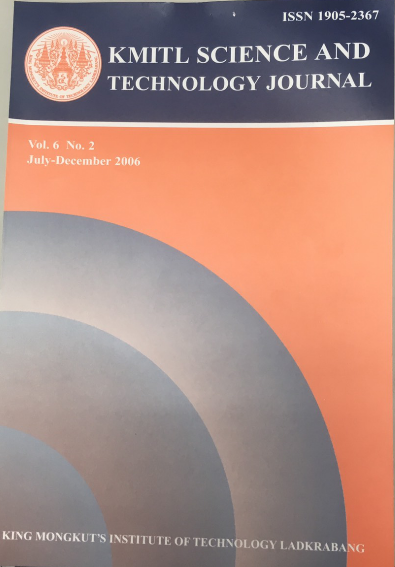Medicinal plants have played a key role in the world health care with about 80% of Africans depending on phytomedicine, which has shown a wide range of users in the treatment of diseases especially priority diseases of Africa such as HIV/AIDS, malaria, sickle-cell anemia, diabetes and hypertension. These medicinal plants have more beneficial effect than their synthetic counterparts through being safer, acceptable, affordable, culturally compatible and suitable for chronic treatments. Some African phytomedicines are well known in the international market and so supply economic benefit for the producing countries. The use of phytomedicine should be integrated into the health agenda since effective health care cannot be achieved in Africa by using orthodox medicine alone. This can be achieved by adopting the WHO memorandum and guidelines for the institutionalization of phytomedicine into the health sector. Although there are some problems limiting the development of phytomedicine, such as lack of standardization, efficacy and quality control of plants used, extinction of some plant species, lack of funds and others, if these problems can be fully addressed, this will help in the future development and harmonization of phytomedicines.
Keywords: phytomedicine, traditional medicine, traditional medical practitioners (TMPs), orthodox medicine, health care system
Corresponding author: E-mail: okigborn17@yahoo.com
Okigbo, R. ., & Mmeka, E. . (2018). AN APPRAISAL OF PHYTOMEDICINE IN AFRICA. Current Applied Science and Technology, 83-94.

https://cast.kmitl.ac.th/articles/94145